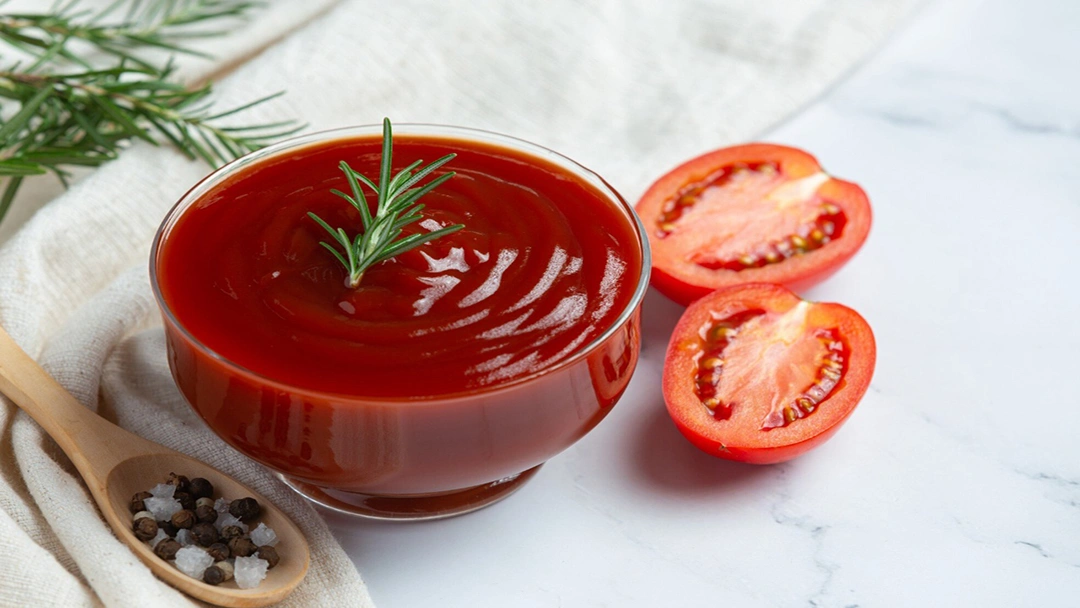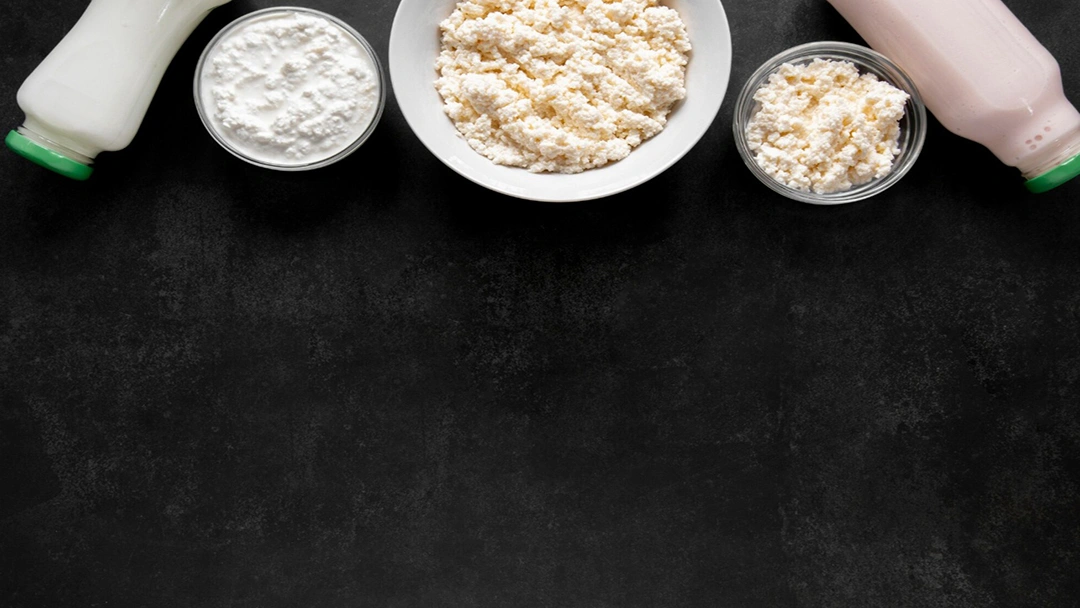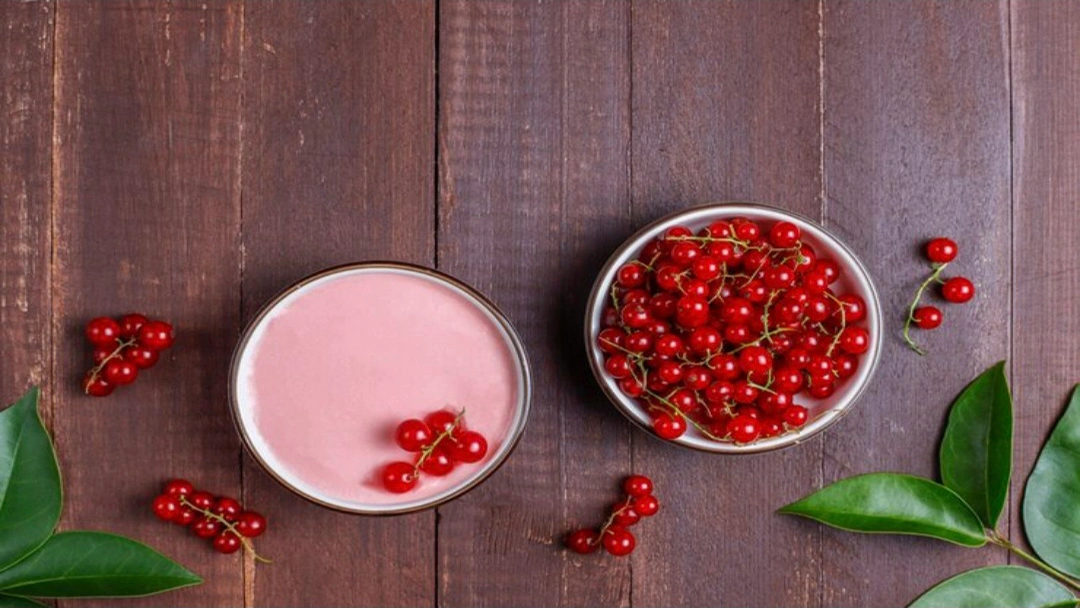The Benefits of the Carnivore Diet for Skin
Here are the main benefits of a Carnivore diet.
[cta-meetings]
The Carnivore Diet Can Improve Skin Conditions
Psoriasis is an autoimmune inflammatory disease that involves the epidermis. Various factors, including genetics, environment, and improper nutrition, can cause psoriasis.
A 2021 study indicates that a low-calorie Ketogenic diet, like Carnivore, can improve psoriasis-related dysmetabolism. It can also be used as a complementary treatment for various skin conditions [27].
Also, a Ketogenic diet, like Carnivore, can positively impact skin conditions as, according to research, it has anti-inflammatory and antioxidation effects [28].
Learn More: Carnivore Diet and Psoriasis [All You Need to Know]
Carnivore Can Improve Skin Conditions
A survey published in the Journal of Dermatology and Dermatologic Surgery found that 35% of individuals who switched to a low-carb, high-fat diet, including the Carnivore Diet, reported improvements in skin conditions like acne and psoriasis.
The Carnivore Diet Can Reduce Inflammation
On a Carnivore diet, you need to avoid plant-based foods, which can help reduce inflammation, as most plant foods contain allergens or irritants. Chronic inflammation is one of the main causes of skin conditions [29] [30] [31].
[cta-meal-plan]
The Carnivore Diet Eliminates Plant Toxins
The Carnivore diet eliminates processed foods, additives, and irritants found in certain plant-based foods, which can negatively impact the skin [32] [33].
Learn More: The Effects of Tallow for Skin: Is It Good? Benefits and Side Effects
The Carnivore Diet Is Nutrient-Dense
The Carnivore diet focuses on nutrient-dense animal products, which are rich in essential nutrients, such as protein, vitamins (especially B vitamins), and minerals (like zinc and iron).
These nutrients, especially vitamins A, B, C, D, and zinc, are essential for overall health, including skin health [34].
Learn More: How to Get Vitamin C on a Carnivore Diet?
The Carnivore Diet Can Help Regulate Blood Sugar
By minimizing or avoiding carbohydrates from plant sources, the Carnivore diet can help regulate blood sugar levels. Blood sugar fluctuations can negatively affect the skin, and stabilizing blood sugar levels can improve skin health.
[cta-gocarnivore-plans]
A 2013 study on 500 non-diabetic participants found that increases in blood sugar levels increased their perceived age, i.e., they looked older [35].
The relationship between the Carnivore diet and skin does not end here, as this diet can even positively impact acne.
Learn More: How Can a Carnivore Diet Cure Diabetes Type 1 and 2?
Carnivore Can Reduce Inflammation
According to a 2021 study in the International Journal of Dermatology, participants on a Carnivore Diet experienced a 50% reduction in inflammatory markers associated with skin conditions such as acne and eczema after 12 weeks.
Is the Carnivore Diet Suitable for Managing Acne?
Inflammation and immune responses are significantly involved in the pathogenesis of acne. Since a Ketogenic Carnivore diet can reduce inflammation, it can positively impact acne and help improve it [36] [37].
So, what foods do we need to eat and avoid to achieve these benefits of the Carnivore diet on the skin?
Learn More: The Carnivore Diet and Gout: The Best and Worst Meats to Eat
Foods to Eat for Clear Skin
Here are the most common animal-based Carnivore-friendly foods that can benefit the skin.
[cta-meetings]
- Fatty Fish (Salmon, Mackerel, Sardines): They contain high levels of omega-3 fatty acids, which can help maintain skin elasticity and hydration. Omega-3s also have anti-inflammatory properties, which play important roles in managing skin conditions.
- Eggs: Eggs are rich in protein, biotin, and vitamin D. Biotin has a major role in skin health, and vitamin D helps skin cell growth and repair.
- Lean Poultry (Chicken, Turkey): Protein found in poultry protein can help repair issues and maintain skin health. Poultry also contains zinc, a mineral important for wound healing and skin health.
- Beef and Pork: These meats are rich in zinc and iron, which promote skin health. Iron is necessary for oxygen transport to skin cells, and zinc helps regulate oil production and wound healing.
- Dairy Products (Yogurt, Cheese): Dairy contains vitamin A, which is important for skin health and may help reduce acne. However, some individuals may find that dairy products adversely affect skin issues, so you need to monitor your reactions and consult a healthcare professional first.
- Bone Broth: Collagen, found in bone broth, is a protein that supports skin structure and elasticity. It also provides amino acids that contribute to skin health.
Learn More: How To Flush Oxalates From the Body? What is Oxalate Dumping?
Carnivore Can Improves Chronic Skin Conditions
A 2020 study published in the Journal of the American Academy of Dermatology found that a diet high in animal-based nutrients, similar to the Carnivore Diet, resulted in a 40% improvement in patients with chronic skin conditions over six months.
Foods to Avoid for Clear Skin
- Highly Processed Foods: Chips, sugary snacks, and fast food contain additives, preservatives, and unhealthy fats that can cause inflammation, which can lead to skin issues.
[cta-meal-plan]
- Sugary Foods and Beverages: Consuming too much sugar is a risk factor for inflammation, which can cause skin problems, including acne.
- Dairy Products: Some dairy products, especially full-fat dairy, can cause acne and other skin issues in some individuals.
- Refined Carbohydrates: Foods with a high glycemic index, such as white bread, pasta, and sugary cereals, can lead to spikes in blood sugar levels, causing skin problems. You can choose whole grains and complex carbohydrates, which are healthier options.
- Fried Foods: Fried and greasy foods can also cause inflammation. It’s wise to choose healthier cooking methods, like baking or grilling.
- High-Iodine Foods: Some individuals with acne-prone skin may be sensitive to high levels of iodine found in certain foods, such as seaweed and iodized salt.
- Artificial Additives: If you are sensitive to artificial additives and preservatives found in processed foods, you should check food labels and avoid foods with a long list of artificial ingredients.
- Alcohol: Drinking alcohol in excess can dehydrate the skin and cause inflammation. It's important to drink alcohol in moderation and stay hydrated.
Learn More: Carnivore Ice Cream: Can I Have It? How to Make It? [The Best Recipes]
Summary
The relationship between the Carnivore diet and skin is a direct, significant one. If we avoid allergens, toxins, and inflammation-causing plant-based foods, we can improve our skin health.
Also, protein and healthy fats found in Carnivore-friendly animal-based foods can help reduce various skin conditions like psoriasis and acne.
It’s needless to say although the Carnivore diet can positively impact the skin, it’s wise to consult a healthcare professional to ensure this diet aligns with your specific health conditions, needs, and goals.






























